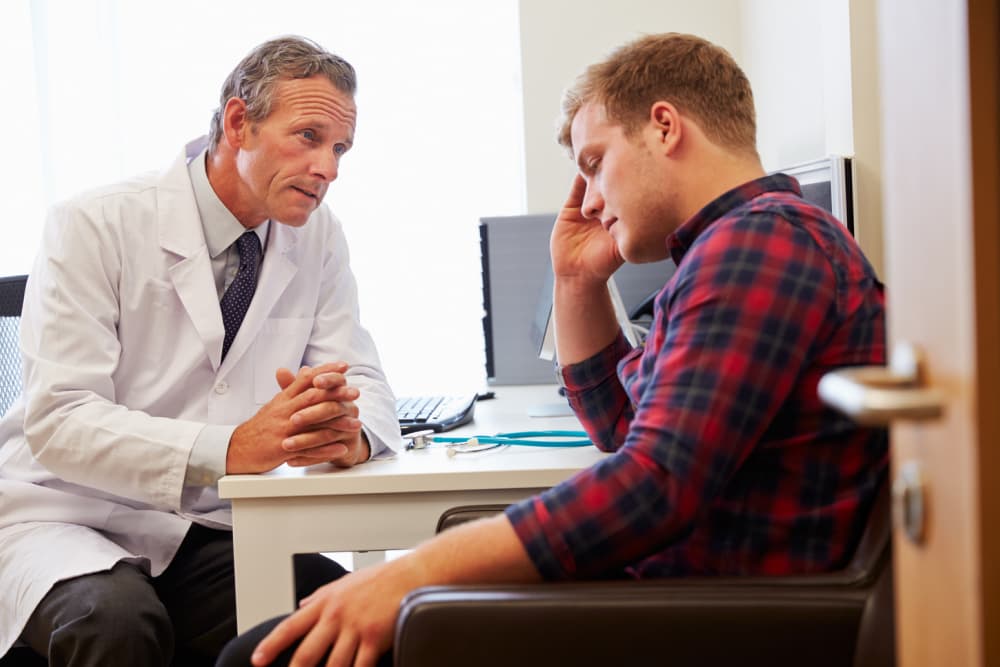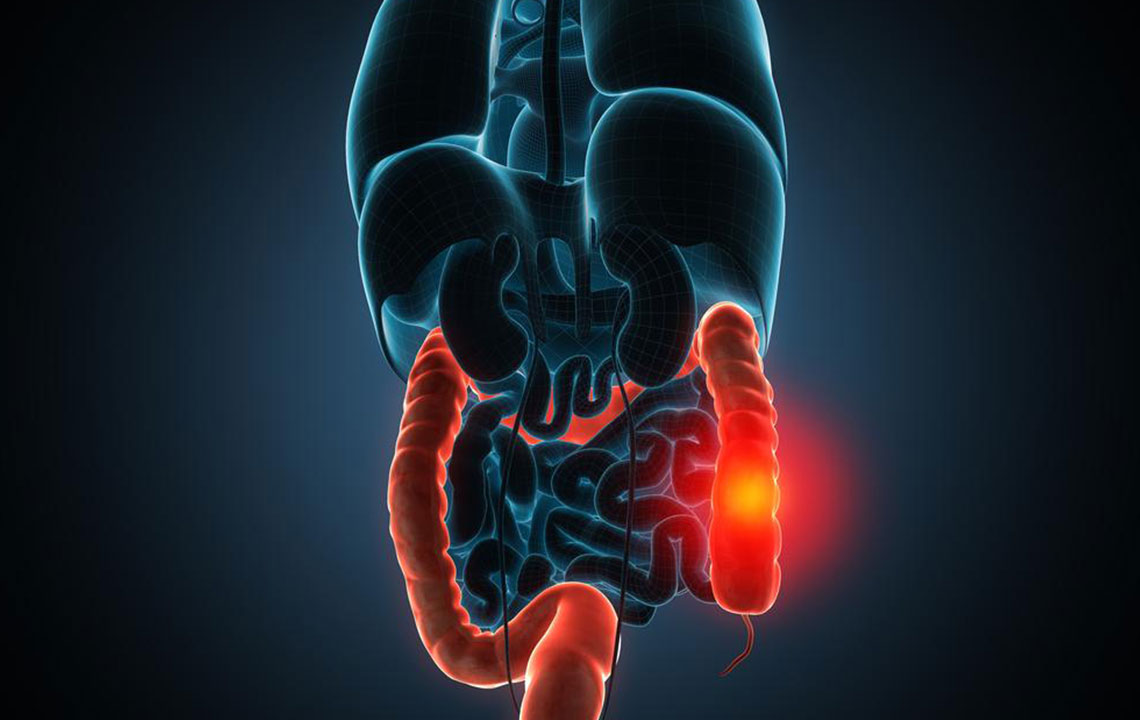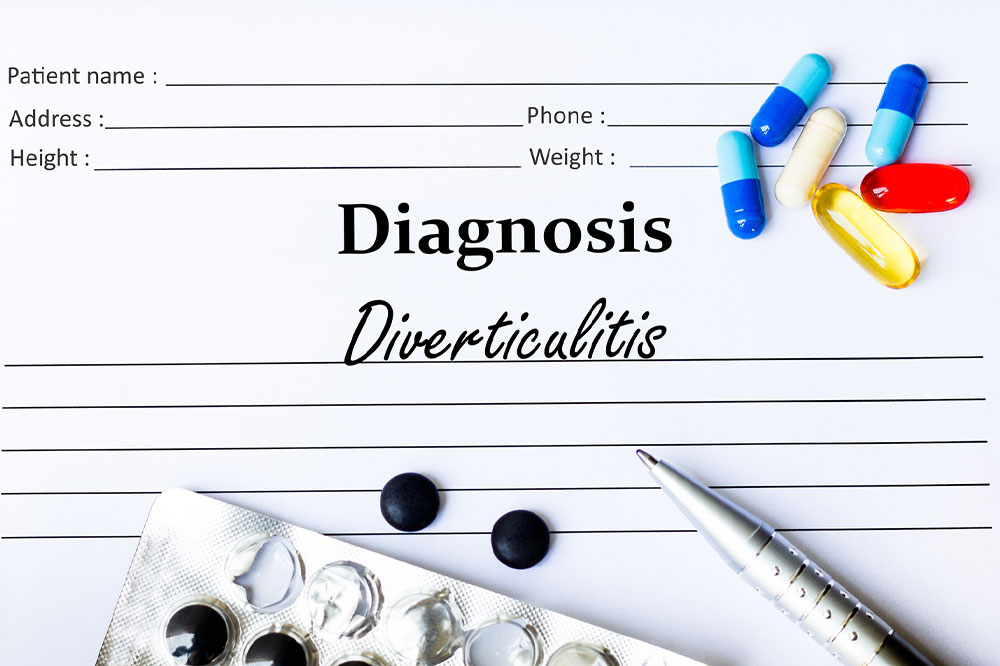Ultimate Guide to Preparing for a Colonoscopy: Tips for a Successful Procedure
This comprehensive guide provides detailed tips on preparing for a colonoscopy, emphasizing the importance of proper diet, bowel cleansing, medical disclosures, and logistical planning. Proper preparation enhances the accuracy of the procedure, ensures patient safety, and reduces discomfort. The article covers when and why a colonoscopy is recommended, how to manage dietary restrictions, and practical advice for a smooth experience, making it an essential resource for those scheduled for the procedure and aiming for early detection of gastrointestinal issues.

Ultimate Guide to Preparing for a Colonoscopy: Tips for a Successful Procedure
Undergoing a colonoscopy is a critical step in maintaining gastrointestinal health and early detection of colon and rectal diseases. This highly effective diagnostic procedure allows physicians to examine the inner lining of the colon using a flexible, camera-equipped tube, facilitating the identification of issues such as polyps, inflammation, bleeding, and other abnormalities. Proper preparation for the colonoscopy not only ensures the accuracy and efficacy of the procedure but also minimizes discomfort and potential complications. This comprehensive guide aims to provide detailed insights into why a colonoscopy is essential, the reasons it is recommended, and the best practices to prepare thoroughly for the upcoming procedure.
Understanding the Importance of a Colonoscopy
A colonoscopy is vital for diagnosing gastrointestinal symptoms early, which can be crucial for effective treatment. Many individuals tend to delay or avoid the procedure out of fear of discomfort, but advances in sedation and technique have made it a relatively comfortable and safe process.
It serves as a preventative measure by detecting precancerous polyps and other anomalies that could progress to serious conditions if left unchecked. Early detection significantly increases the chances of successful treatment.
When is a Colonoscopy Recommended?
If you experience symptoms such as persistent abdominal pain, unexplained anemia, rectal bleeding, or unusual stool changes, a colonoscopy can help uncover the underlying cause.
Signs like blood in stool, mucus, or pus, along with ongoing diarrhea, constipation, or unexplained weight loss, warrant professional evaluation.
Guidelines recommend screening starting at age 45 for average-risk individuals, with earlier or more frequent exams for those with a family history of colon cancer or other risk factors.
Role of the Healthcare Provider
Typically performed by a gastroenterologist, the procedure involves the insertion of a thin, flexible tube equipped with a camera into the rectum and colon. During this examination, doctors can remove polyps, biopsy suspicious lesions, and conduct therapeutic interventions if needed.
Regular screening is crucial, especially for individuals over 45 or those with risk factors. Early detection of polyps and other abnormalities can prevent progression to colorectal cancer.
Effective Preparation for a Colonoscopy: Step-by-Step
1. Disclosure of Medical Conditions and History
Prior to scheduling your colonoscopy, it's important to inform your healthcare provider about your complete medical history. Conditions such as pregnancy, kidney or liver disease, heart problems, diabetes, or allergies can influence how the procedure is conducted. This information helps tailor pre-procedure instructions and anesthesia plans, ensuring safety and comfort throughout the process.
2. Dietary Restrictions and Food Guidelines
Proper diet management is vital to prepare the bowel and improve visualization of the colon. Typically, patients are advised to follow a low-fiber, easy-to-digest diet for a few days leading up to the procedure. Foods to include are white bread, plain pasta, cooked rice, boiled potatoes, and well-cooked vegetables without skins. Light proteins like eggs or fish can be consumed in moderation.
On the day before the exam, clear liquids—such as water, herbal teas, broth, or clear fruit juices without pulp—are recommended. It’s crucial to stay hydrated, as fasting and bowel cleansing can lead to dehydration if proper fluid intake isn’t maintained.
3. Bowel Cleansing Process
Achieving a thoroughly clean bowel is perhaps the most critical step in preparation. Your doctor will prescribe specific laxatives, such as polyethylene glycol solutions, or recommend enema preparations to eliminate stool and ensure a clear view of the colon walls during the procedure.
Expect to visit the restroom frequently as the laxatives induce diarrhea, typically starting the night before the exam. Follow the instructions meticulously, dosing at prescribed times, to maximize cleaning efficiency. Do not eat or drink several hours before the scheduled procedure to prevent complications like nausea or aspiration.
4. Support System and Logistics on Procedure Day
Since sedation is usually administered during a colonoscopy, it’s advisable to arrange for someone trustworthy to accompany you. They can assist in transportation and provide emotional comfort. After the procedure, sedation effects may linger, making it unsafe to drive or operate machinery. Having a companion ensures safety and helps manage recovery at home.
5. Financial Planning and Cost Considerations
The average cost of a colonoscopy varies but generally falls around $2,750. Many insurance plans cover the procedure, especially when it’s performed as a screening test for colon cancer, so verify your coverage beforehand. If cost is a concern, discuss payment options or seek community health programs that offer financial assistance. Proper planning can reduce stress and facilitate a smooth experience.
Summary and Final Tips
In conclusion, thorough preparation for a colonoscopy is essential for accurate diagnosis, patient safety, and comfort. Following your healthcare provider’s dietary and bowel cleansing instructions meticulously helps ensure the procedure's success. Remember to communicate openly about your medical history, arrange for support, and clarify financial aspects beforehand to make the process as seamless as possible. Regular screenings are a vital part of preventive health, helping detect issues early and save lives.





